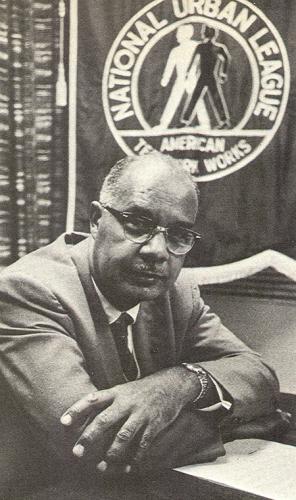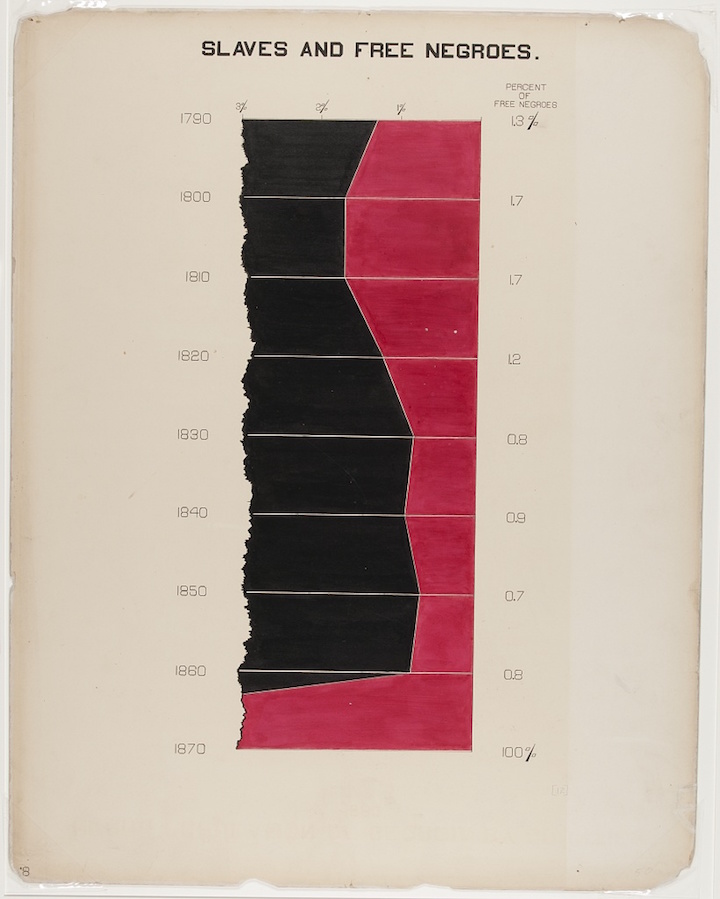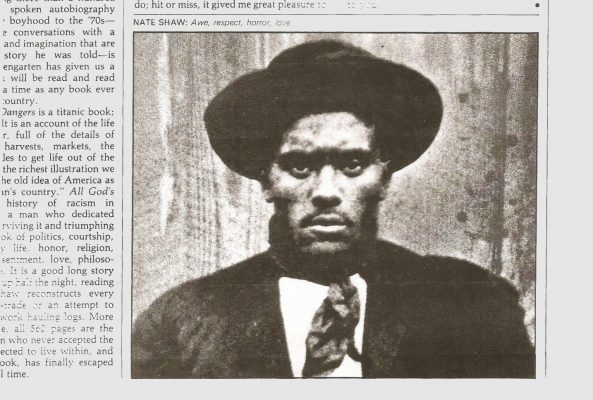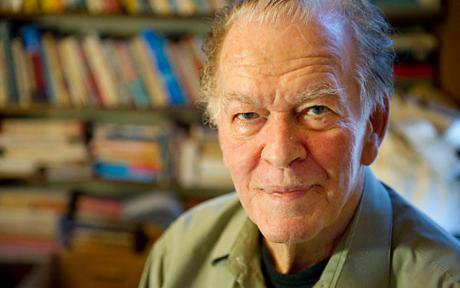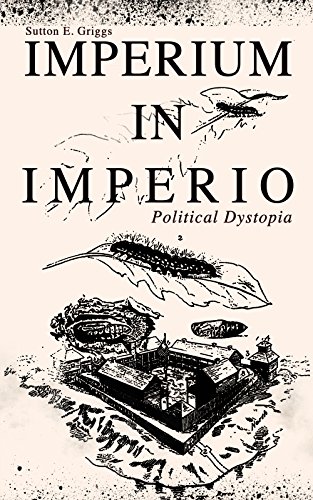Granger and the League’s promotion of trade unionism as a vehicle for civil rights highlights the problem with the commonplace disposition to view the NUL and NAACP through dichotomous lenses like Bookerite or Du Boisian. Such frameworks not only look past institutional politics’ sway over the scope of these civic groups’ agendas, but they may also obscure the influence of changes in the broader political landscape over the parameters of African American civil rights.
I wonder and worry if the fashionability of the field comes from its evasion of this question. Does it spring from a hope…that capital and capitalists can regulate themselves, that in effect, capitalism can have a history sans class politics. As Stein’s work shows, this seems at best naively decontextualized—detached from the actual history of capitalism. And at worst? Then the new history of capitalism looks a lot like the ideological expression of its subject.
BY nonsite
A Federal Art Project mural cycle of thirteen panels devised and painted by Victor Arnautoff in 1936 in a San Francisco high school portrays George Washington as a slave owner and as the author of Native-American genocide. It is an important work of art, produced for all Americans under the auspices of a federal government seeking to ensure the survival of art during the Great Depression. Its meaning and commitments are not in dispute. It exposes and denounces in pictorial form the U.S. history of racism and colonialism. The only viewers who should feel unsafe before this mural are racists.
these positionings continue to have appeal for academics, who are often relatively well-off at elite universities, who have the leisure to pose and play at abjection. Their work distills a schizophrenic desire: they want to run free with the wolves while howling in protest against their exclusion from society. But the authors are in fact very far removed from the lives of the most oppressed and marginalized, who they take as their models and who they purport to represent.
BY Anton Jäger
The reason that contemporary liberal writers seem to have such thorough problems with the form of anti-racism exemplified by the Populist movement, is not, therefore, that Populists sought to unite poor white and black tenants in their shared “material self-interest.” Rather, it lies in the fact that they did so without seeing such co-operation as originating in a moral duty, and refused to carry out the necessary amount of affective investment.
Stein’s work shows the depth, breadth and intellectual richness that a grounded historical-materialist perspective can bring to scholarship and understanding. She assumed from the outset that black political history could not be properly understood without situating it in relation to the broader currents within which it has been embedded and with which black agents have interacted at any given point. She never accepted analytical categories that attributed political agency to abstractions like “the black community,” “white supremacy,” or even “capitalism,” and always grounded her arguments in the issues, concerns and understandings of the groups and tendencies she studied. She saw race, class, labor and political economy as irreducibly linked.
BY James Oakes
Despite his longstanding socialist sympathies, DuBois was repelled by the specter of revolutionary violence, hence his admiring account of the moderation of the southern slaves. They “showed no disposition to strike the one terrible blow which brought black men freedom in Haiti…. for the simple reason that there was an easier way involving freedom with less risk.” They went on strike.
BY Judith Stein
As politics changed, the organic model that had dominated black thought since the 1890s lost its power to persuade. Blyden, Du Bois, and Garvey had invented a view of the race to support a politics that addressed the elite discrimination they faced. Like all ideologies, their view of race attempted to interpret the world and direct behavior. Models and goals were taken from Western elite culture. Black elites imagined the majority of Afro-Americans passive and in need of their leadership. The NAACP and Urban League claimed to represent the race by default.
BY Marcie Smith
The late Gene Sharp is known worldwide as a Gandhi-like champion of nonviolent protest. But he is better understood as one of the most important U.S. defense intellectuals of the Cold War and a neoliberal theorist who advocated nonviolent action as a means to “State decentralization.” Properly contextualizing Sharp and his ideas is essential to understanding the world today.
Black studies scholarship on the whole has been plagued by “the temptation to attempt to speak on behalf of the political and social needs of some ‘black community’ outside the academy.” Declaring themselves responsible to this community, which is in no way positioned to ratify the propositions being put forth on its behalf, while disdaining the professional norms prevailing in the academy as inherently biased against the beliefs and practices necessary to carry out their work, many black scholars have been able to operate in a zone of relative unaccountability in which the narrative recounting of their own experiences and thoughts are treated as paradigmatic of “the race.”


